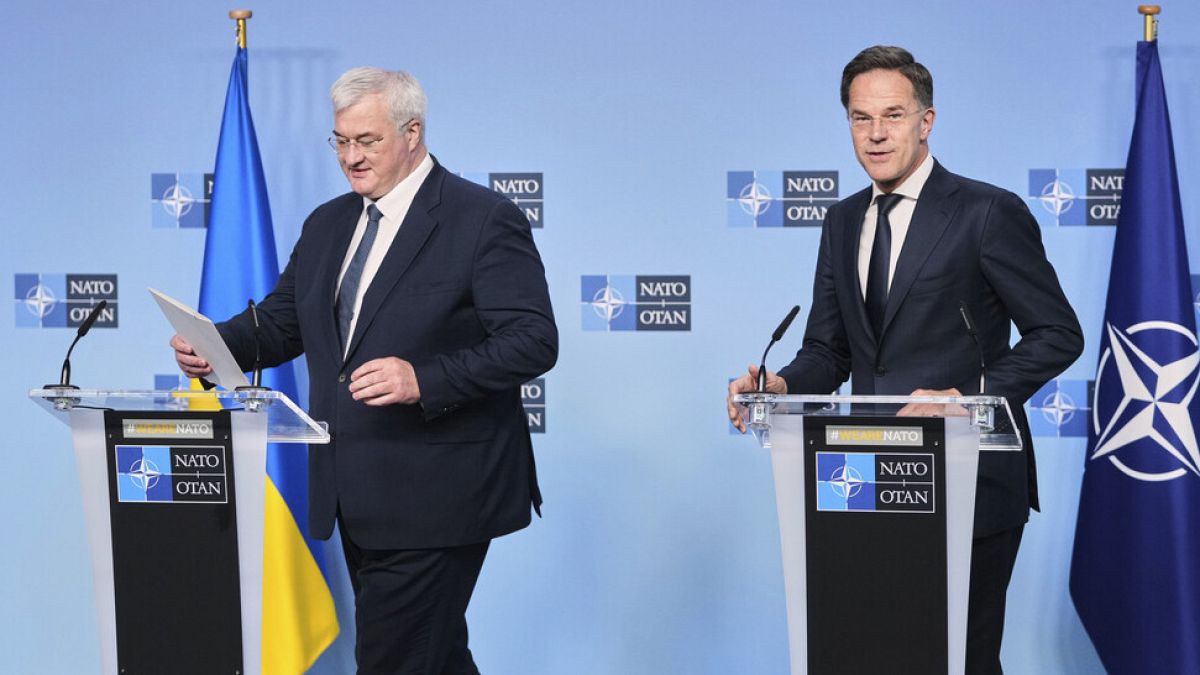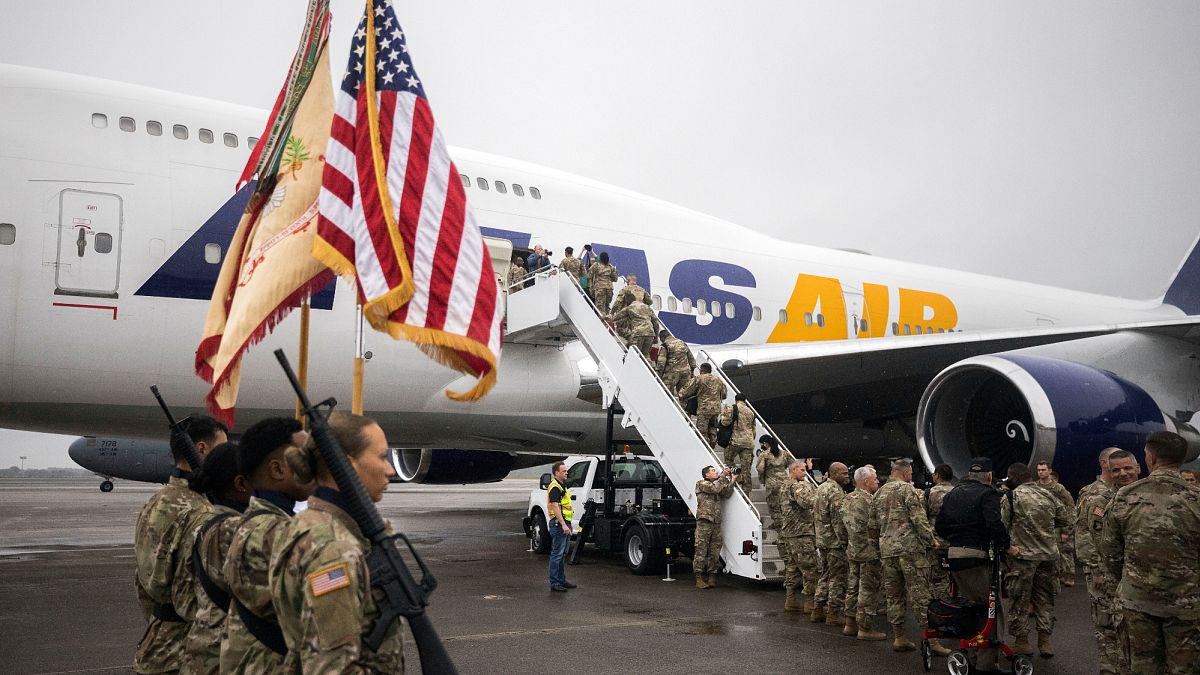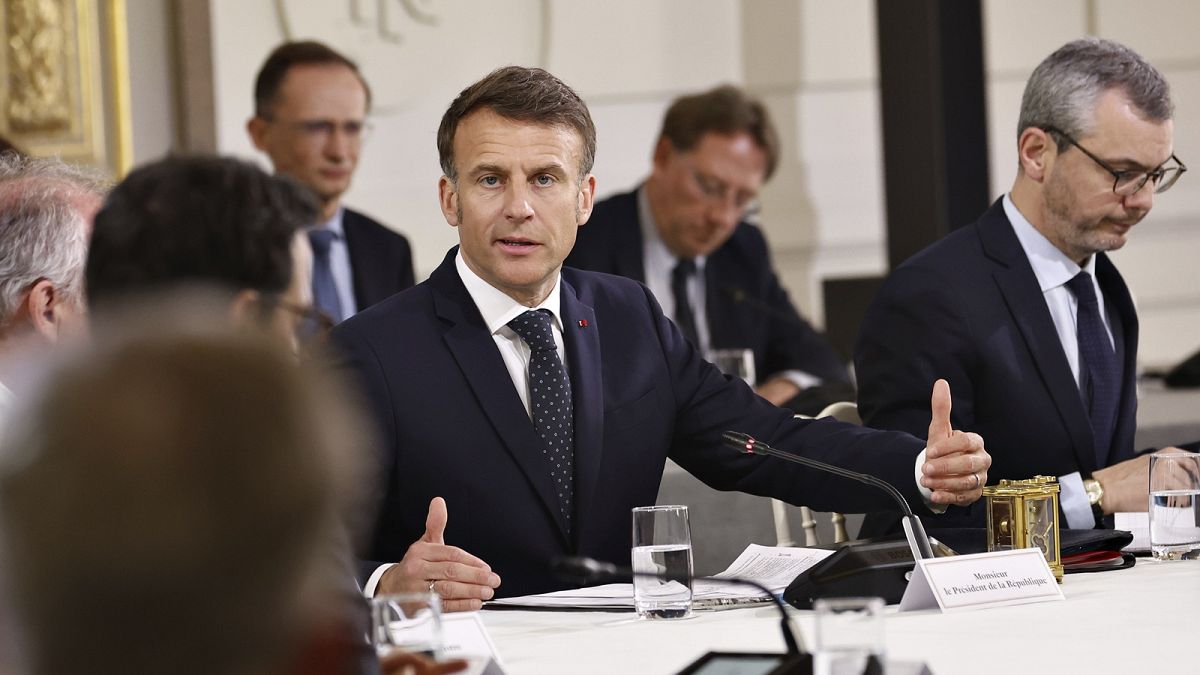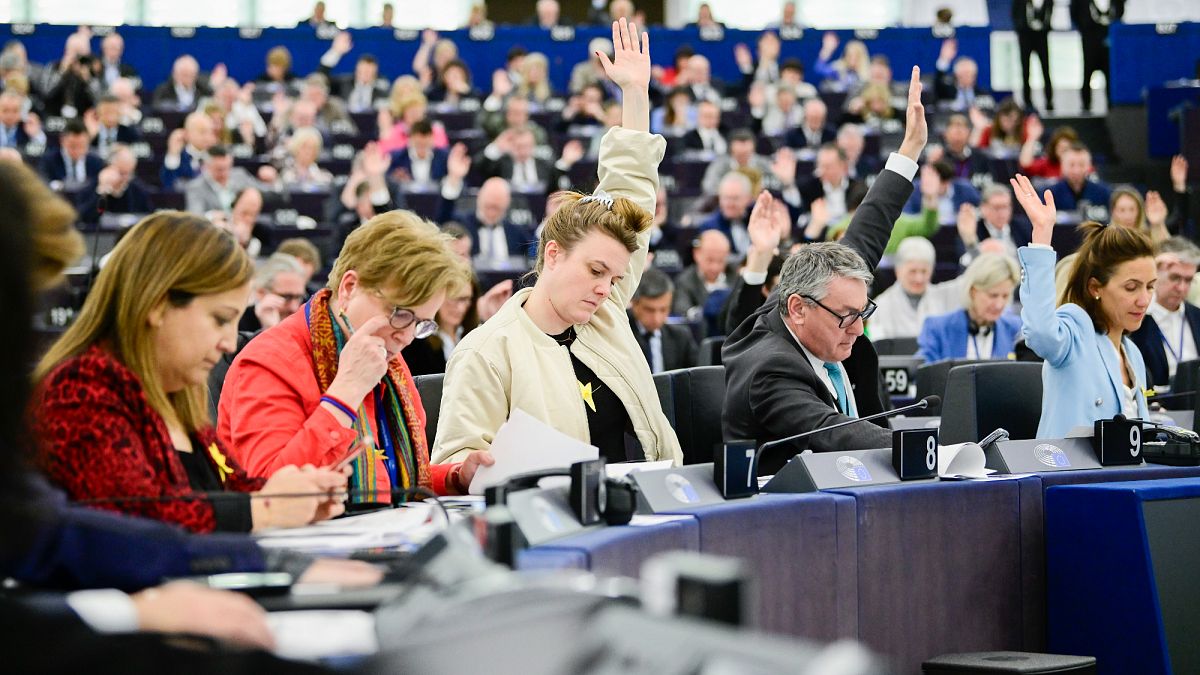Prime Minister Ulf Kristersson said at an annual security conference on Sunday that Sweden is not at war but there is also no peace, the news agency TT reported.
Sweden has said it will contribute up to three warships to a NATO effort to increase the alliance's presence in the Baltic Sea as it tries to guard against sabotage of underwater infrastructure, the government announced.
The Swedish military also will contribute an ASC 890 surveillance aircraft, Stockholm said.
And the country's coast guard will contribute four ships to help monitor the Baltic, with a further seven vessels on standby.
The government said this will be the first time that Sweden has contributed armed forces to the alliance's defence and deterrence since joining the alliance in March last year.
Sweden became NATO’s 32nd member and followed neighbouring Finland into NATO in response to the Russian invasion of Ukraine.
The decision comes as a string of incidents in the Baltic has heightened concerns about possible Russian activities in the region.
At the end of December, NATO chief Mark Rutte said the alliance would step up its military presence in the Baltic Sea.
That came after an incident on Christmas day when the Estlink-2 cable which runs between Finland and Estonia was damaged.
Officials in both countries suspect the Russia-linked oil tanker Eagle S of being responsible by dragging its anchor along the seabed.
The Eagle S is flagged in the Cook Islands but has been described by Finnish customs and EU officials as being part of Russia's shadow fleet of tankers shipping oil and gas in defiance of international sanctions imposed over the war in Ukraine.
The aging vessels, often with obscure ownership, routinely operate without Western-regulated insurance.
Finnish police impounded the vessel and took it back to port at the end of December and by early January, all of its 24-strong crew had been arrested with eight subject to movement restrictions.
Suspected sabotage
Countries in the region have been on alert following a string of incidents involving undersea cables and gas pipelines in the Baltic Sea since 2022.
Two data cables — one running between Finland and Germany and the other between Lithuania and Sweden — were severed in November.
Germany's defence minister said officials had to assume the incident was "sabotage," but he didn't provide evidence or say who might have been responsible.
And the Nord Stream pipelines that once brought natural gas from Russia to Germany were damaged by underwater explosions in September 2022.
Authorities have said the cause was sabotage and launched criminal investigations.
NATO had already boosted patrols near undersea infrastructure after the Nord Stream pipeline was hit.

 2 months ago
39
2 months ago
39






 We deliver critical software at unparalleled value and speed to help your business thrive
We deliver critical software at unparalleled value and speed to help your business thrive






 English (US) ·
English (US) ·